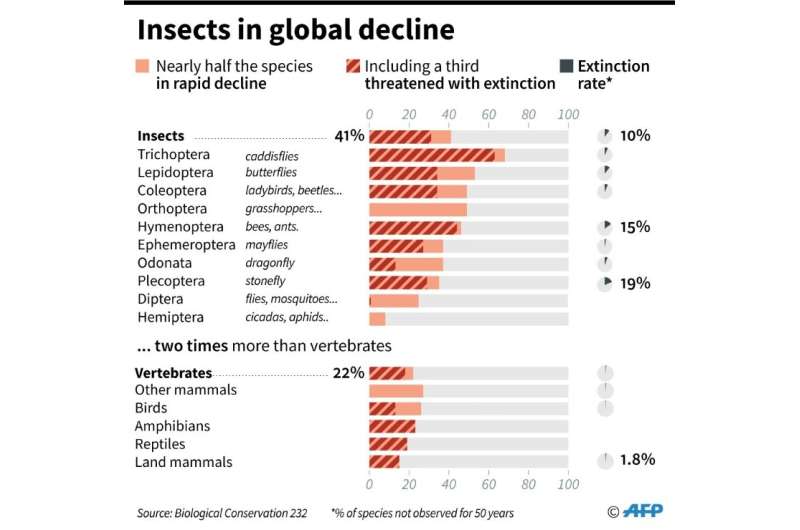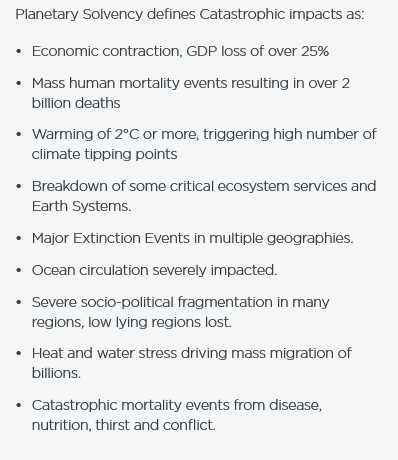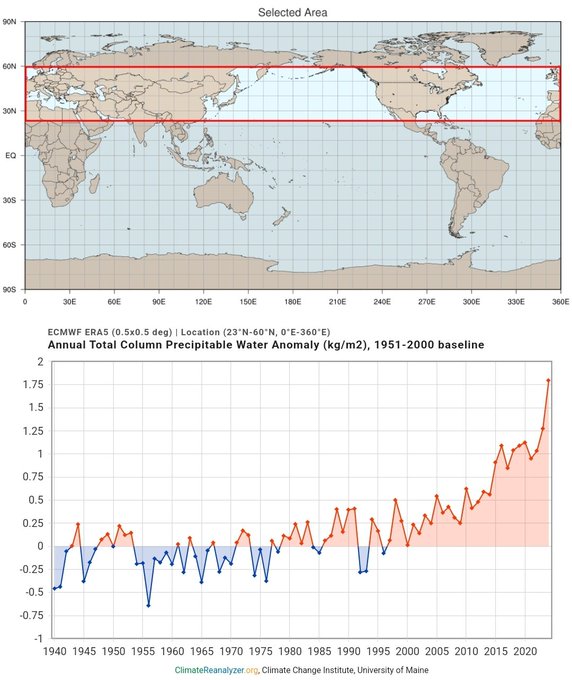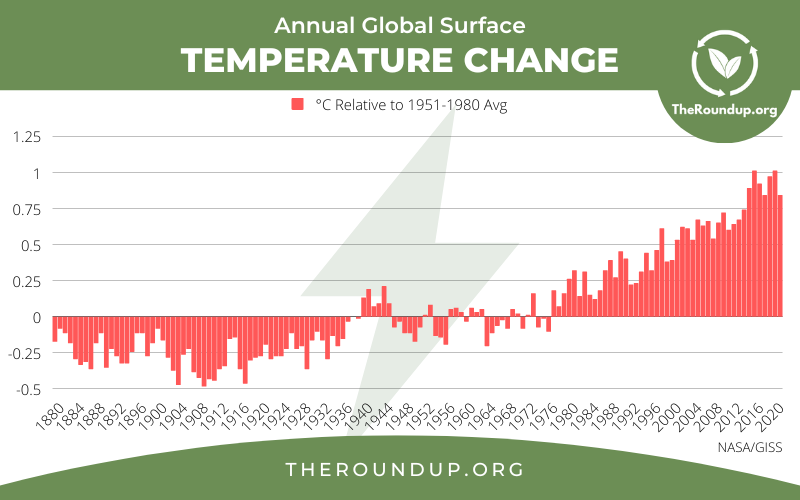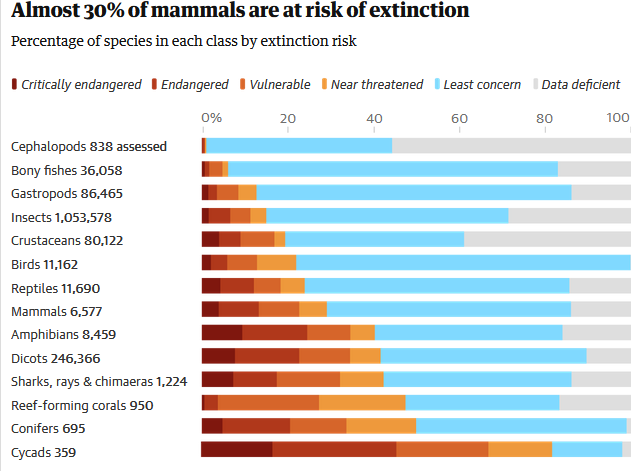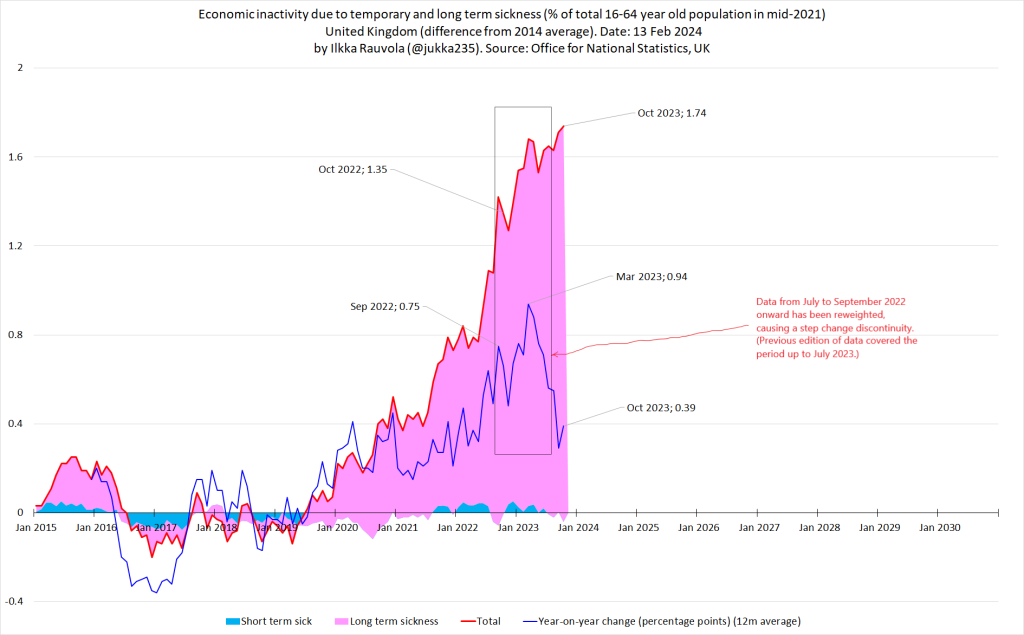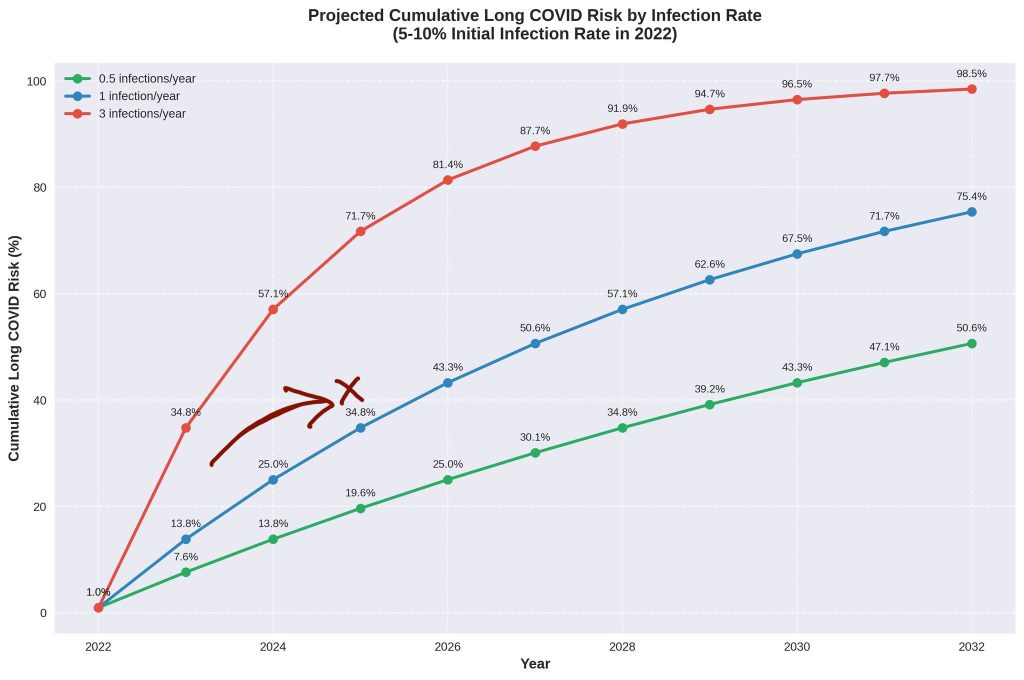A lot of people lump all environmental issues under “climate change.” It’s the big bad boogeyman, the easiest to observe, and the first that’s likely to cause catastrophe. This also leads some to think that the problem is relatively easy to deal with. We can simply do aerosol injections into the upper atmosphere, and that will reduce the temperature. (Once we start, however, we can’t ever stop.)
But this isn’t the case, the environment is under assault in many ways, and simple solutions may help, but won’t deal with the issue as a whole and may even make parts of it worse. Sulfate Aerosol injections would reduce the temperature, but actually cause acid rain and increase ocean acidification. That means phytoplankton still die off, algal blooms still happen, and we still lose most of the phytoplankton oxygen production.
Cirrus cloud thinning, in which we inject ice-nucleating particles into high altitude cirrus clouds to thin them, allowing more solar radiation to escape is less effective, probably damages the ozone layer, increases UV radiation (which damages phytoplankton, again) and deposits chemicals into the ocean whose effects are probably not benign.
And, again, once we start, we can’t stop, unless we have reached a point where we’re pulling significant CO2 from the atmosphere first.
There’s no free lunch here. This is a system with complicated feedback mechanisms which was more or less in homeostasis (it was actually tending to cool down very slowly and the long term trend was to another ice age. A little bit of extra CO2 was a good thing, but only a little.)
But the real issue is that climate change is only one issue out of a large number. The Earth has a bunch of systems in homeostasis, which have been that way since the end of the last Ice Age, or much longer. Each of them is required to sustain life. When they get knocked out of balance too much, mass extinctions follow and in every mass extinction, the top predator dies.
The”planetary boundaries” system is one way of thinking of it. Here’s the 2025 visualization:
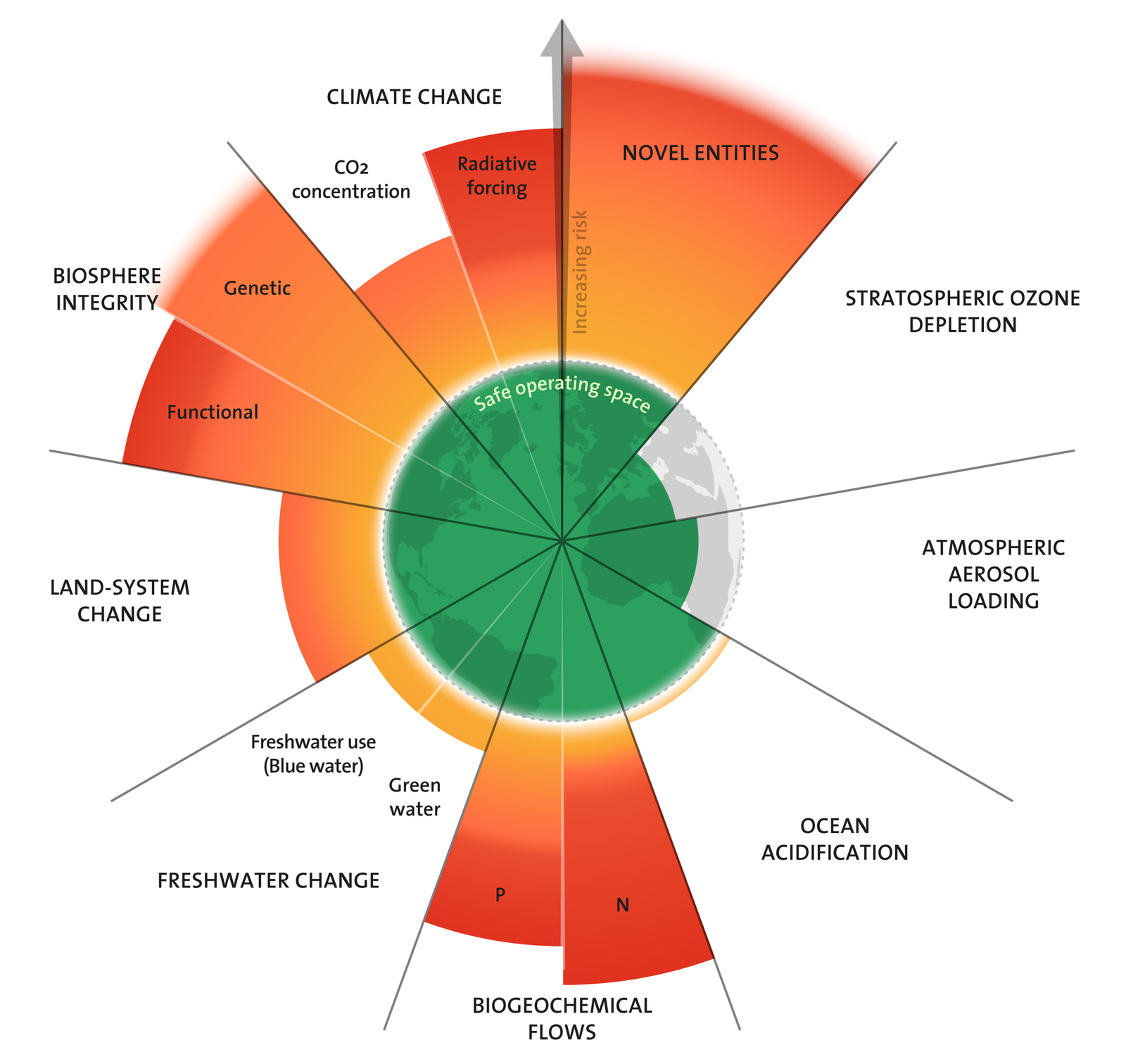
7 of 9 planetary boundaries crossed
You’ll notice that biosphere integrity is actually worse than climate change right now and that’s why I say “environmental collapse” in the same breath as climate change. The ecological web of life, from microbes to apex predators, if it collapses, leads to a huge die-off very fast. Think of the famous example of “what if all the bees die?” But humble organisms which renew soil like various microbes and earthworms and insects matter. (We’ve lost most of the world’s insects already.) Those phytoplankton which produce most of the world’s oxygen. The Amazon and Congo rainforests which used to produce so much oxygen and store so much carbon.
We’re about 2 1/2 weeks into our annual fundraiser. Our goal is $12,500 (same as last year). So far we’ve raised $7,045 from 63 people out of a readership of about 10,000.
If you read this blog, you’re usually ahead of everyone else. You know, years in advance, much of what’s going to happen. The intelligence from this blog is better than what people pay $10,000/year for. Without donations and subscriptions, this blog isn’t viable. If you want to keep it, and you can afford to, please give. If you’re considering a large donation, consider making it matching. (ianatfdl-at-gmail-dot-com).
This stuff is complicated. We don’t understand it, not really (something denialists use to try and prove there are any problems.) When we tried to create simple biospheres, in which nothing is allowed in or out, they devolved into slime.
What that means is that if we fuck it up, we don’t know how to fix it.
Let me repeat, if we screw up biosphere integrity, we can’t fix it. We just don’t know how.
We can’t remake and seed all the creatures we extincted, from unicellular organisms to predators to plants to insects. Every one which goes extinct loses us unique biological information and resources. In most cases we haven’t even catalogued species going extinct, let alone analyzed their DNA.
Just continuing with “damn the torpedoes” is beyond stupid. I have lived a life in a society determined to self-destruct. Much of this blog’s output over the last few years has covered the end of Western hegemony, a colossal fuck up on the part of Western elites (and grats to China for playing our elites like the pathetic losers and suckers they are.)
But that issue really only matters to humanity as a whole if it descends into nuclear war. Hegemons change. It happens. Living thru it sucks if you’re on the losing side or get caught in the collateral damage, but whatever, humanity goes on.
Environmental risk is truly existential. Despite what some very bright people believe, it could kill us all. That risk, I think, is low, but it’s not zero. A two percent risk of extinction is not be sneezed at and it could be much higher. We don’t really know.
Further environmental risk is, let me repeat, essentially incalculable because we do not understand the systems involved very well. I have been right far more often than most climate scientists in my predictions because I have assumed feedback loops. My personal assessment is that we’ve reached the point where it’s self sustaining. If we haven’t, we’re close. Arctic permafrost melting is one of the atomic bombs of climate change and we also have, for example, the Amazon passing the tipping point: it will go away now, and that won’t and probably can’t be stopped and it no longer absorbs carbon but produces it.
The Amazon and Congo rain forests are also major repositories of biodiversity. (The loss of medical advances we’ll never even know about from losing so many species is absolutely massive, put aside environmental concerns.)
From the point of view of humanity as a whole, for the medium run (not even the long run now, if you’re 20 you’re going to see Hell, if you live thru it) environmental/planetary issues are by far and away number one. Nothing else even comes close.
And while I salute the Chinese shift to cleaner tech, I also see the 38 lane superhighways. Electric vehicles are better than gas ones, but they aren’t environmentally neutral, let alone good. When cars remove more harmful chemicals than are required to produce and run them, then “everyone has a car” societies will make sense. Till then, just more insanity. “Let’s have the same lifestyle as Americans, but more and with flying cars” is admirable, but mass suicide.
We’re past the point where we can stop this without massive change, and far past the point where we aren’t going to be hurt badly by it. That doesn’t mean nothing could, in theory, be done, and some of it will be. I’m sure we’ll see stratosphere injections for example. If we don’t do it before the first massive famine to hit a country with enough launch capacity, we’ll do it after.
And it’ll help, but as we discussed at the start of this article, it won’t help enough. It’s a tourniquet on a bleeder, not a cure. A palliative that still allows the patient to become sicker.
And that, my friends, is where we are. If you’re old, you may die before the worst of it. We’ll talk about this more, including what proper solutions would look like. The weird thing about those solutions is that they produce much nicer worlds for the majority of the world’s population.
We’ll also look at what failing to deal with the problem means. That’s the more likely path, alas, and it starts with billions of dead people.
More later. Be well.

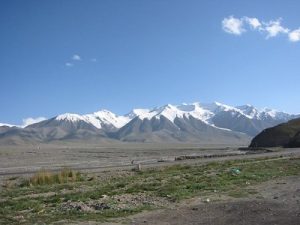

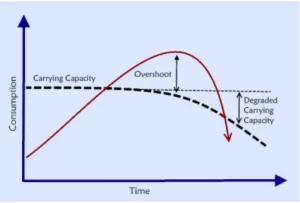 If we were not in overshoot, the environment would not be degrading so severely: massive loss of insects, mammals, acidifying oceans, climate change, rain water that isn’t safe to drink, etc, etc… We’re eating into the carrying capacity of the Earth, producing more than the Earth can sustainably produce, and damaging the Earth in ways which will take ages to fix. Some of them, like loss of biodiversity, are not fixable on any human lifespan.
If we were not in overshoot, the environment would not be degrading so severely: massive loss of insects, mammals, acidifying oceans, climate change, rain water that isn’t safe to drink, etc, etc… We’re eating into the carrying capacity of the Earth, producing more than the Earth can sustainably produce, and damaging the Earth in ways which will take ages to fix. Some of them, like loss of biodiversity, are not fixable on any human lifespan.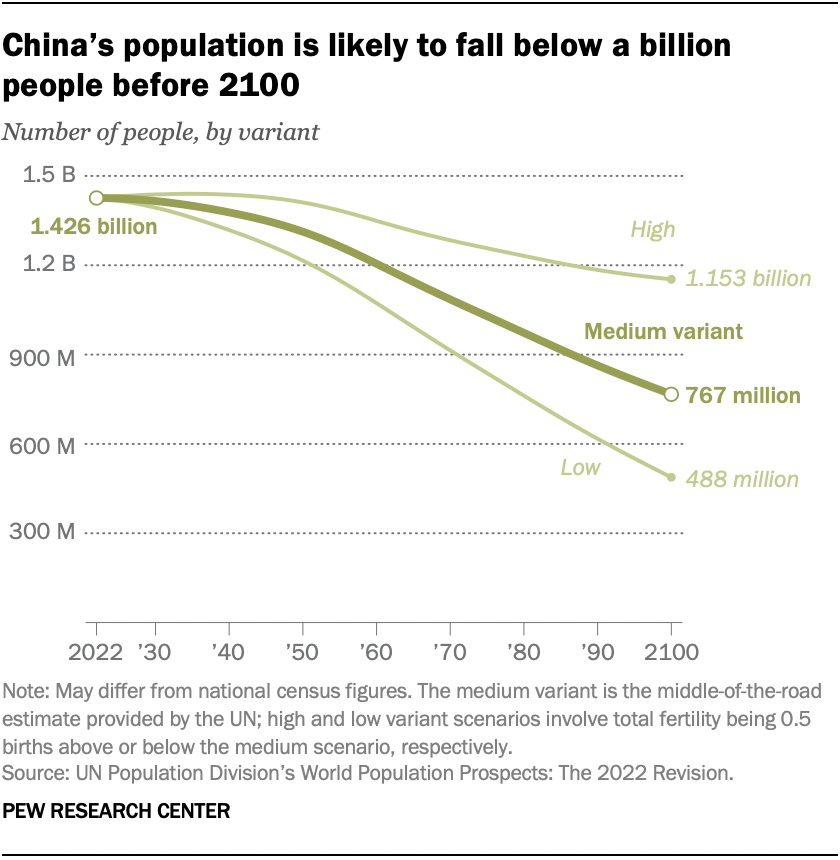
 Both China and Japan have been moving hard to “gerontorobotics” (not sure if that’s a word yet.) They know there won’t be enough care workers, so they’re moving to robots which can help people live who are still mostly OK but just old, and they’re also working on robots that can help invalids and semi-invalids, including getting them into and out of bed, helping them bathe and use the washroom and so on.
Both China and Japan have been moving hard to “gerontorobotics” (not sure if that’s a word yet.) They know there won’t be enough care workers, so they’re moving to robots which can help people live who are still mostly OK but just old, and they’re also working on robots that can help invalids and semi-invalids, including getting them into and out of bed, helping them bathe and use the washroom and so on.